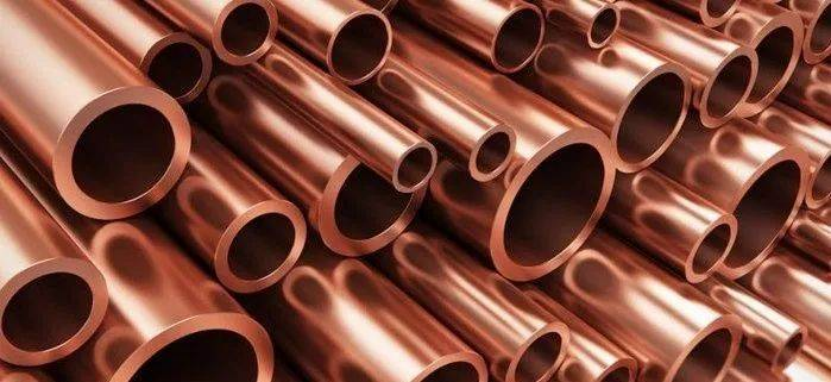
Copper is often hailed as the "Doctor of Copper" because it can provide insights into the global economic health and is at the crossroads of various market dynamics. In the constantly changing commodity landscape, the interaction between economic forces and the supply of recycled copper has become a key determinant of copper prices. As electric vehicles and solar panels compete for a share of copper supply in their applications, the relationship between economic indicators and the recycled copper market becomes crucial for commodity pricing.
Firstly, the main factor affecting copper prices is the economy. The economic situation plays an important role in determining copper prices, and copper demand comes from various industries, including construction, electronics, and manufacturing. Therefore, economic factors such as GDP growth, industrial production, new housing and infrastructure expenditures can drive demand for copper. On the contrary, in the context of economic weakness, reduced industrial output and construction activities, the demand for copper may decrease, thereby putting downward pressure on prices.
Secondly, the price of recycled copper is also one of the factors affecting copper prices. The availability and cost of recycled copper will also affect the overall copper price. Recycled copper from scrap metal is an important source of supply for the copper industry. When the price of recycled copper is high, it becomes more economically feasible for recyclers to supply the market with recycled copper, which may increase overall copper supply and reduce price upward pressure. On the contrary, the low price of recycled copper may reduce the power of recycling, thereby affecting the overall supply dynamics of copper.
In addition, nearly 20% of the global refined copper supply comes from recycled materials, and some of the copper products currently used may have been mined decades ago, or even longer. This is because the recovery rate of copper is as high as nearly 90%, and most of the items thrown into local waste yards can be stripped, melted, and converted into new copper bars for production.
Obviously, price fluctuations of related commodities will also have an impact on copper prices. The balance between economic indicators and the recycled copper market is a key determinant of copper prices, shaping the pricing patterns of most global commodities. As industries such as electric vehicles and solar panels compete for a share of copper supply, it is imperative to understand these market dynamics. The economic situation and the supply of recycled copper have a significant impact on copper prices, and demand forecasts indicate that supply chain pressure will increase in the coming years. In this context, recycling has become a key aspect of meeting future demand, providing sustainable solutions for potential supply constraints.
Overall, in the long run, there is a certain positive correlation between copper prices and oil prices, especially when the economy has just started or just peaked and fallen. It should be emphasized that this correlation is in the medium to long term and should be understood from the perspective of economic cycles. In the short term, there is no strict correlation between the rise and fall of crude oil prices and the rise and fall of copper prices. The quality of the macroeconomy is the most fundamental factor that affects the future demand for copper, and oil prices are just one of the many factors that affect the future economy. As the demand for copper continues to increase, the world will find a way to improve the supply needed for the global economy.
In summary, metal enterprises need to accelerate their green transformation and technological innovation in the future, and large enterprises with complete energy-saving and emission reduction facilities will occupy more market share. The current global trade situation remains complex, with trade protectionism and political uncertainty still present. If trade frictions escalate, it may affect the global economic recovery process, thereby affecting copper demand. In addition, with the improvement of environmental awareness, the development of the renewable energy industry will also drive an increase in demand for copper. It is expected that the demand for copper in the renewable energy field will increase significantly in the coming years.

Driven by the Trump administration's push to relax financial regulations and the recovery of investment banking business, the market value of the six major banks in the United States has cumulatively increased by approximately 600 billion US dollars by 2025.
Driven by the Trump administration's push to relax financia…
On Christmas evening, U.S. President Trump posted on social…
According to multiple foreign media reports, the recent fin…
The middle class, once regarded as the cornerstone of Ameri…
On December 19th local time, the US military launched a lar…
The Boxing Day sunshine should have cast a false glow of pr…